Faculty of Health Science
Welcome to the Faculty of Health Sciences, Capital University of Somalia, home to a diverse range of departments dedicated to improving healthcare and promoting well-being.
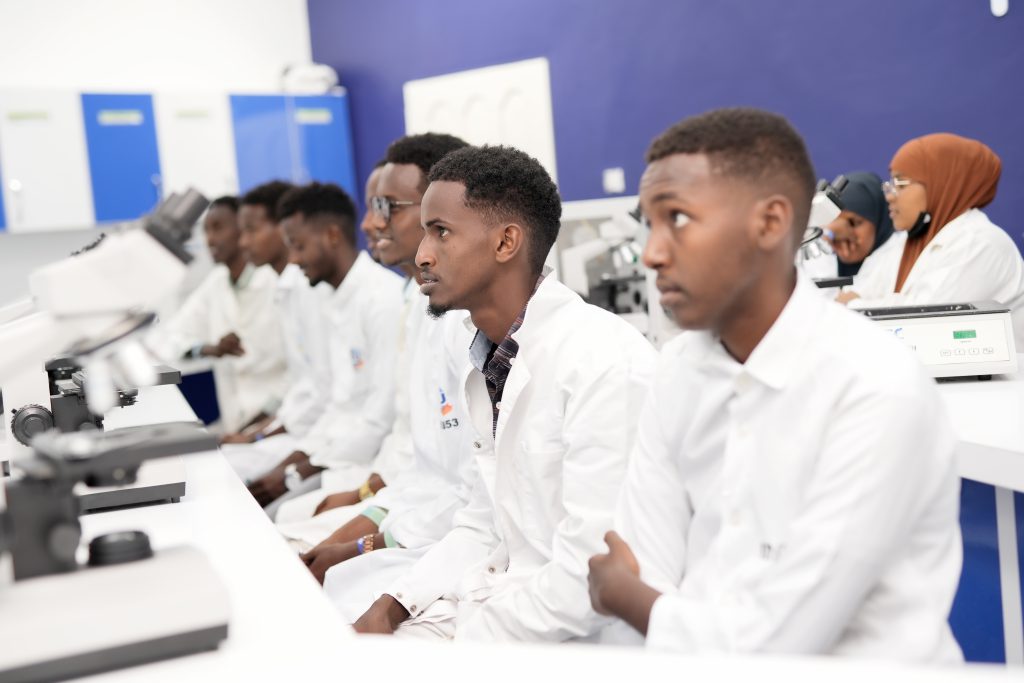
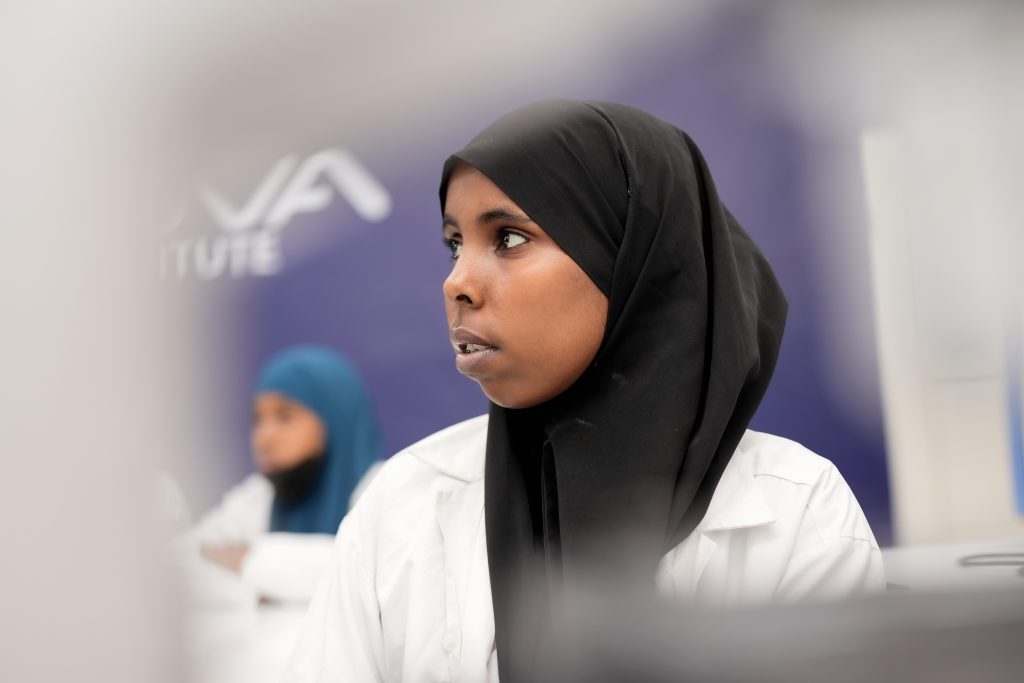
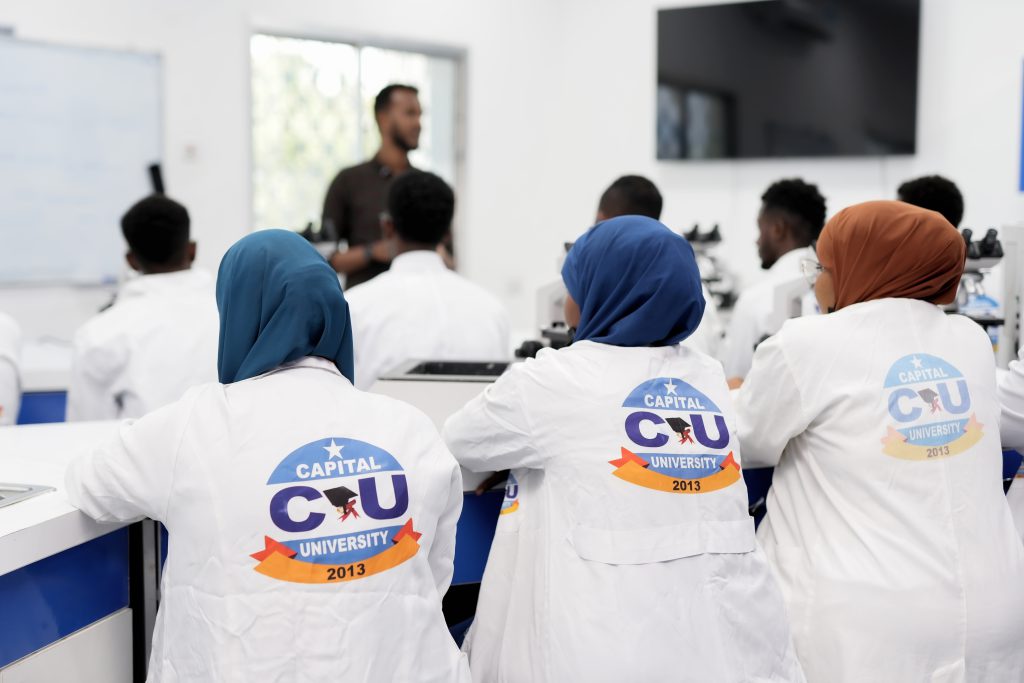
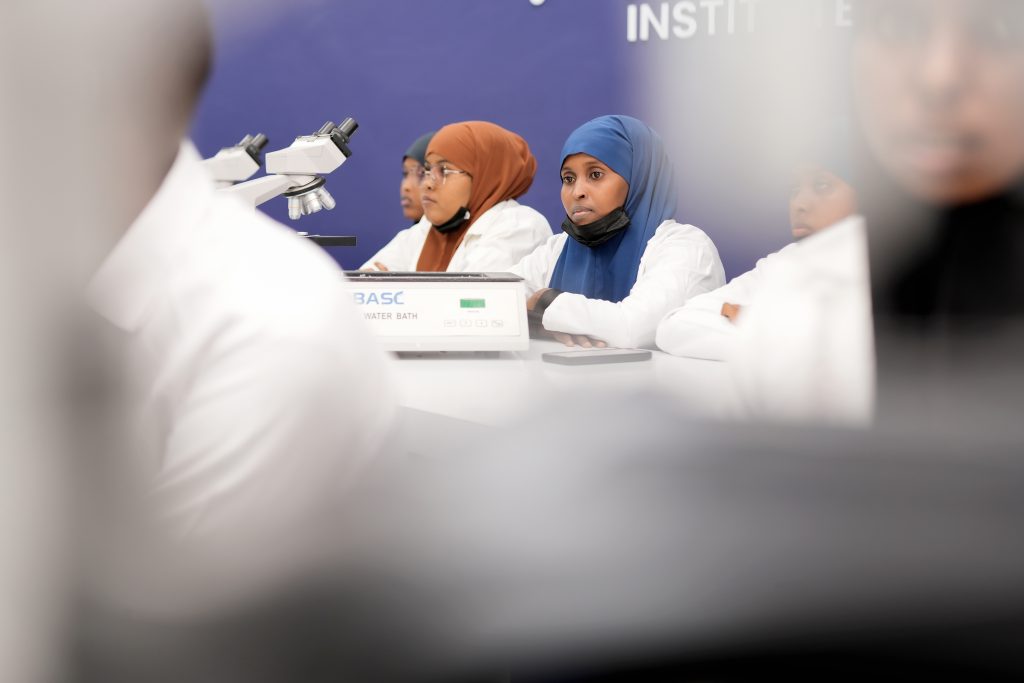
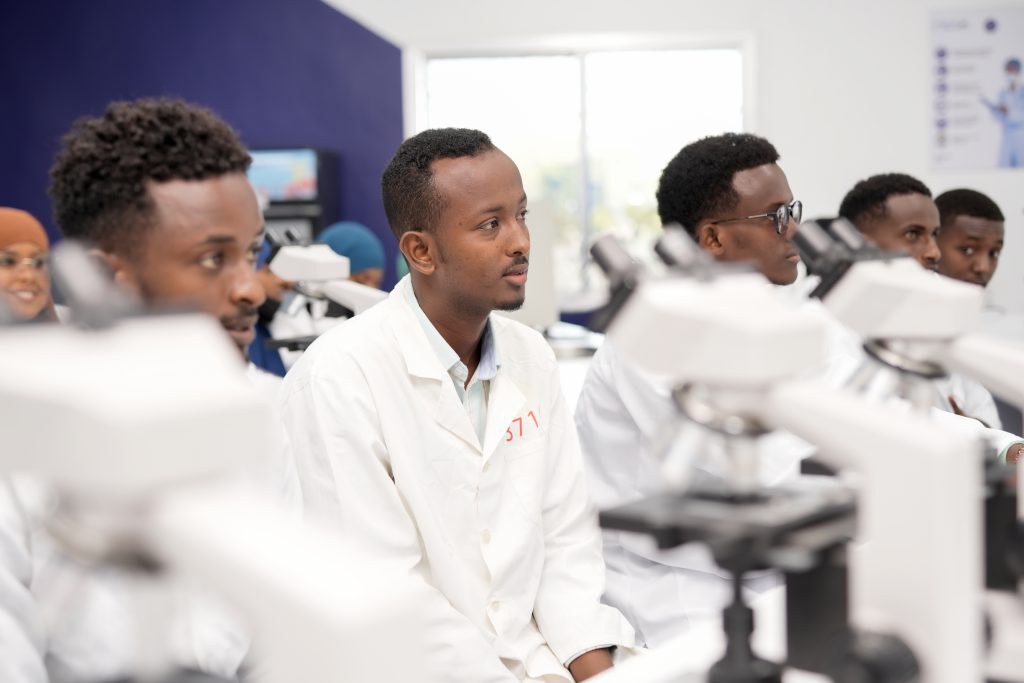
DEANS MESSAGE
Welcome to the Faculty of Health Sciences
Welcome to the Faculty of Health Sciences, Capital University of Somalia, home to a diverse range of departments dedicated to improving healthcare and promoting well-being. Our faculty comprises esteemed departments of Public Health, Human Nutrition & Dietetics, Midwifery, General Nursing, and Medical Laboratory Science.
As the Dean of the Faculty of Health Sciences Capital University of Somalia, I am honored to lead a community of passionate educators, researchers, and students focused on making a positive impact in the field of healthcare. Our faculty is committed to excellence in education, research, and service, and we strive to produce graduates who are equipped with the knowledge, skills, and compassion needed to address the health challenges of our time.
Departments
Goal of the faculty

